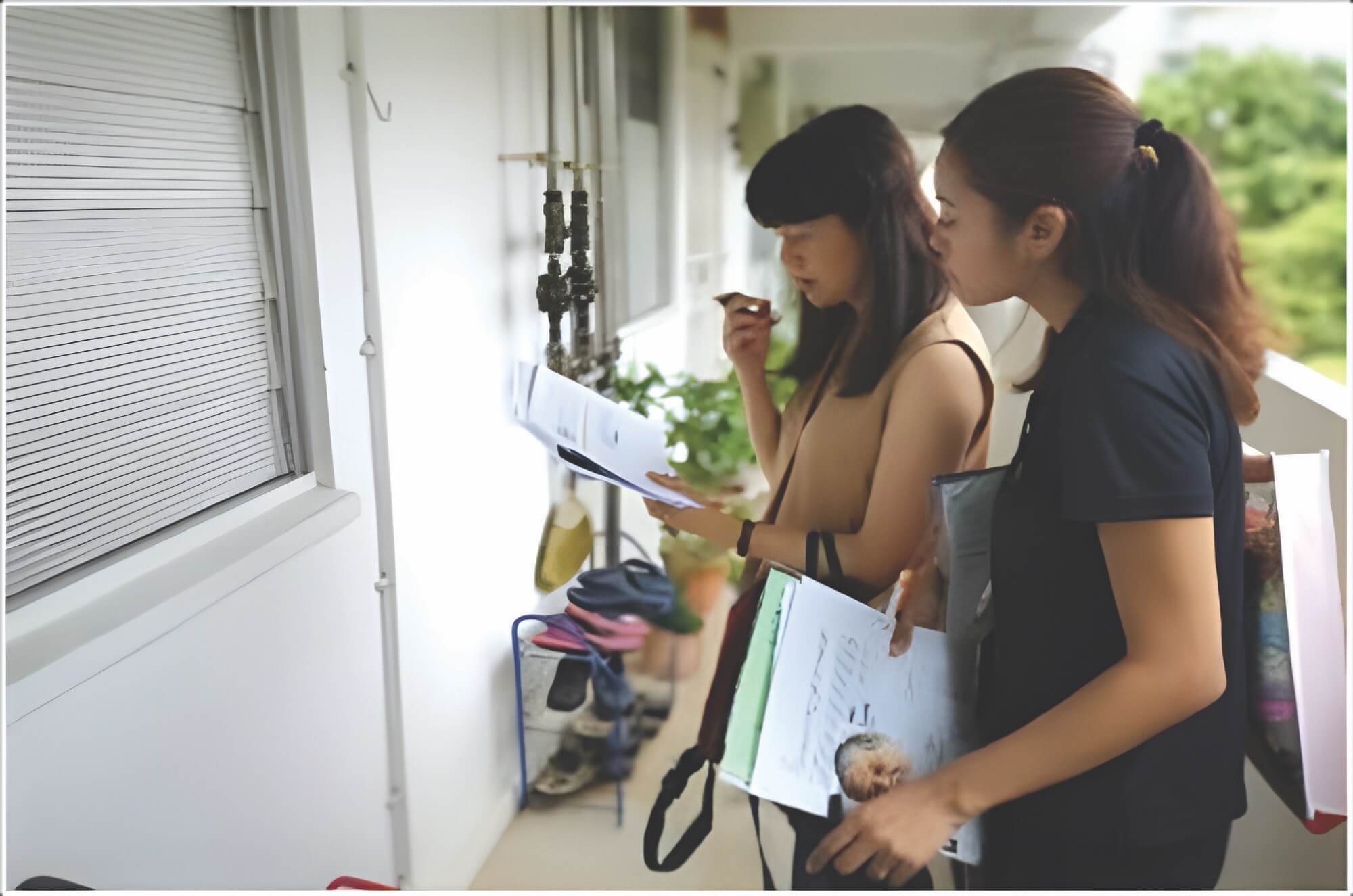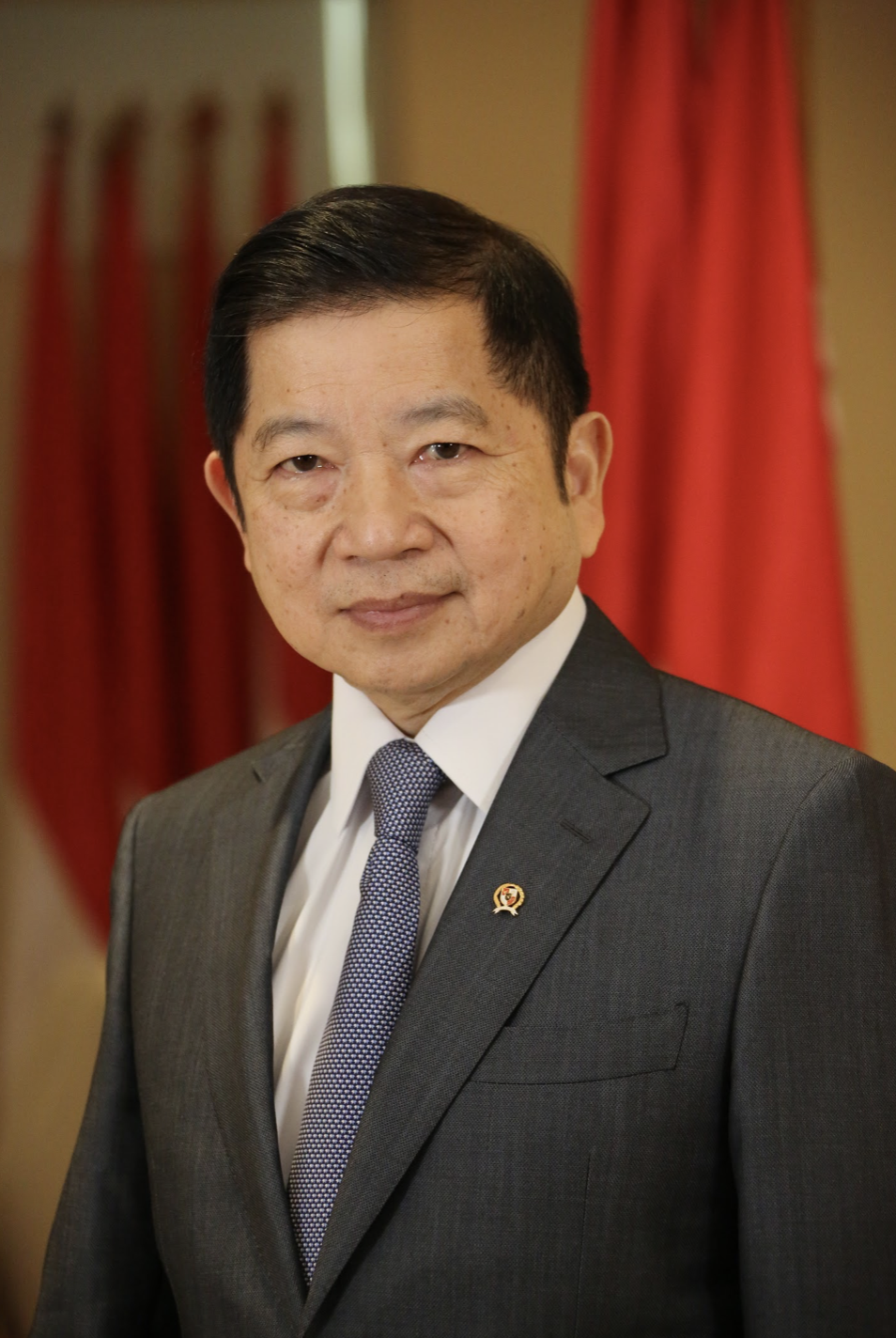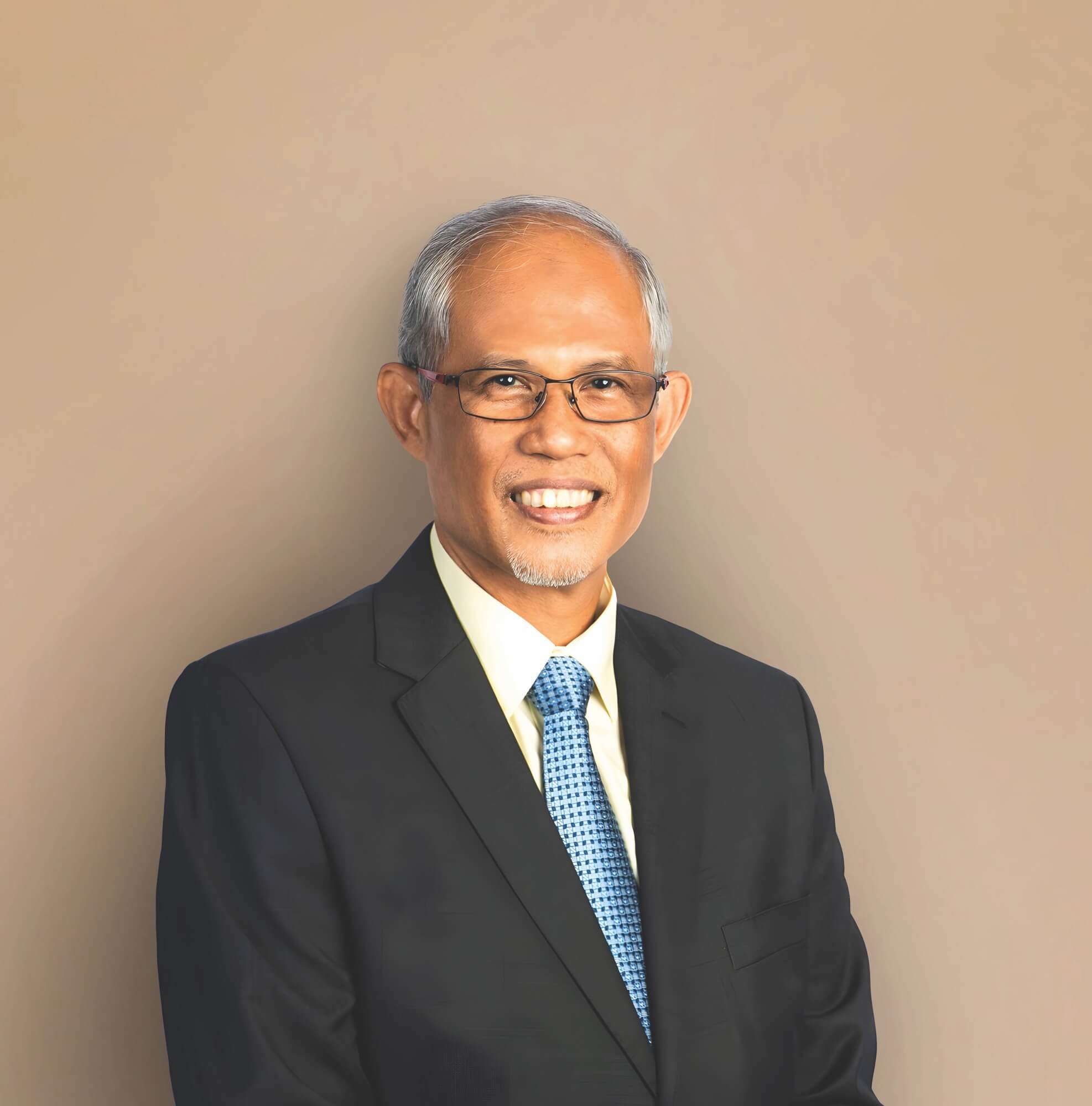


Minister Zulkifli highlights ASEAN’s achievements in poverty reduction and emphasises the need for continued cooperation to ensure a stable and prosperous region. He says that Singapore has focused on the role of families and communities in tackling poverty and promoting social inclusion, particularly among vulnerable groups.
The ASEAN: How do you see ASEAN’s cooperation in the coming years?
I envision ASEAN’s cooperation in the coming years to continue to be deeply rooted in our shared outlook and collective resolve to strengthen economic integration and uplift the lives of all our citizens. Since its inception, ASEAN has made significant progress in reducing poverty, demonstrating our united efforts and shared commitment towards poverty alleviation. However, even as we recover from the COVID-19 pandemic, the global outlook remains troubled, with significant geopolitical headwinds and uncertainties which have disproportionately affected the most vulnerable segments of our societies.
Given these challenges, it is critical that ASEAN Member States continue to uphold our commitment to ASEAN’s fundamental principles and step up our cooperation within the region as well as with our external partners to ensure that our region remains peaceful, stable, and prosperous. ASEAN can only remain credible and relevant if we pursue a positive agenda, including poverty eradication and social protection. Additionally, there are two key areas that ASEAN should focus on for its next bound of integration: the digital and green economies. For example, we are negotiating a Digital Economy Framework Agreement and are working towards the realisation of an ASEAN Power Grid. These initiatives will generate inclusive growth opportunities and benefits for everyone across the region.
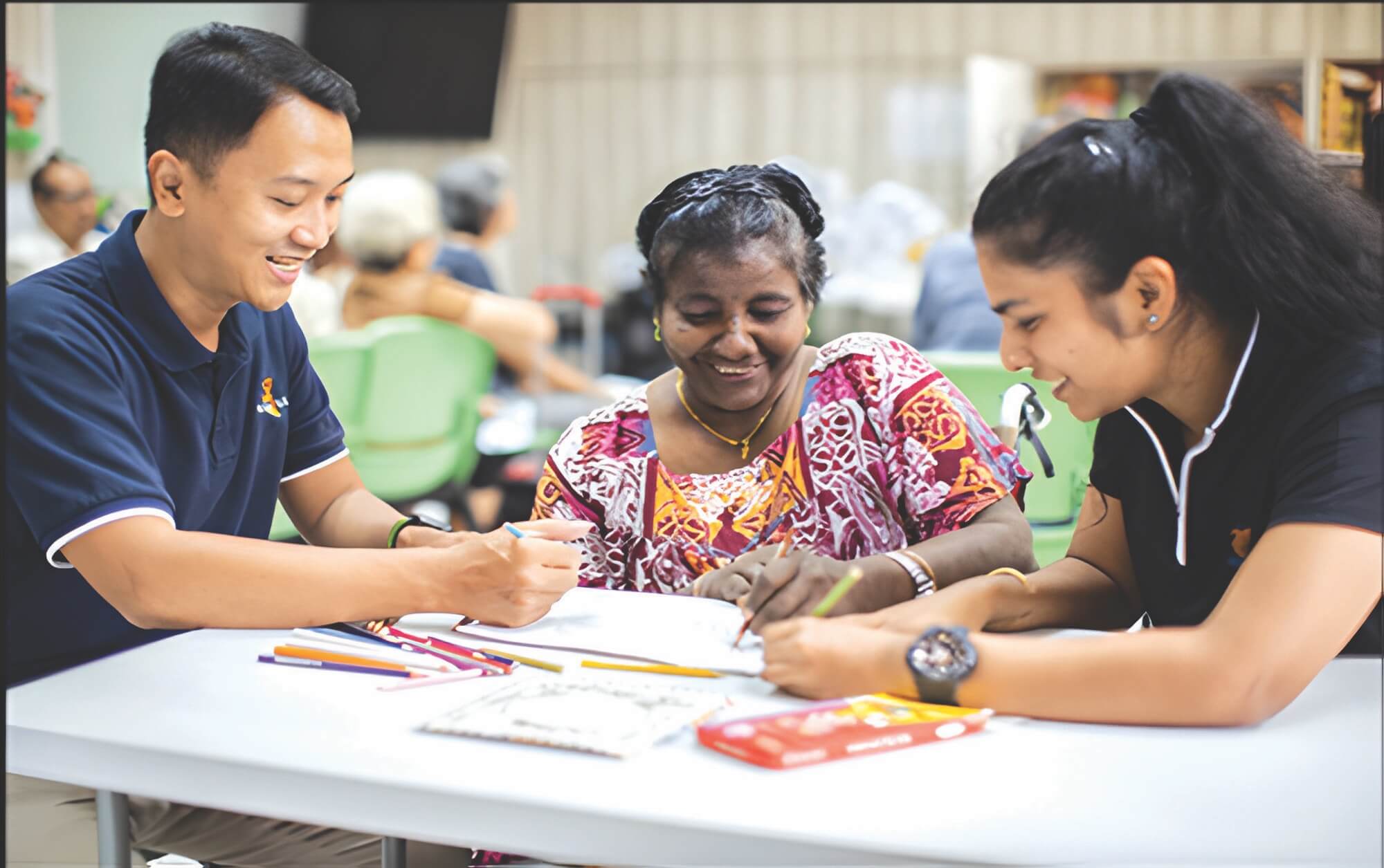
TA: How can ASEAN’s cooperation on poverty eradication become more meaningful and impactful to the lives and well-being of the people in the region?
To make ASEAN’s cooperation on poverty eradication more meaningful and impactful, we should continue to build upon the solid foundation established by the Senior Officials Meeting on Rural Development and Poverty Eradication and the ASEAN Master Plan on Rural Development. ASEAN has experienced a steady decline in poverty over the last decades, and we must ensure that we continue to move ahead and tackle the challenges in this area.
The rural-urban divide, increasing inequality, the impact of climate change, and entrenched gender stereotypes are cross-cutting issues that exacerbate poverty and hinder social progress. To address these challenges, ASEAN must foster greater collaboration and exchange among member states, supporting one another through capacity-building projects and shared learning. By nurturing a spirit of cooperation and solidarity, we can ensure that our efforts are not only impactful but also sustainable, paving the way for a future where prosperity is shared by all.
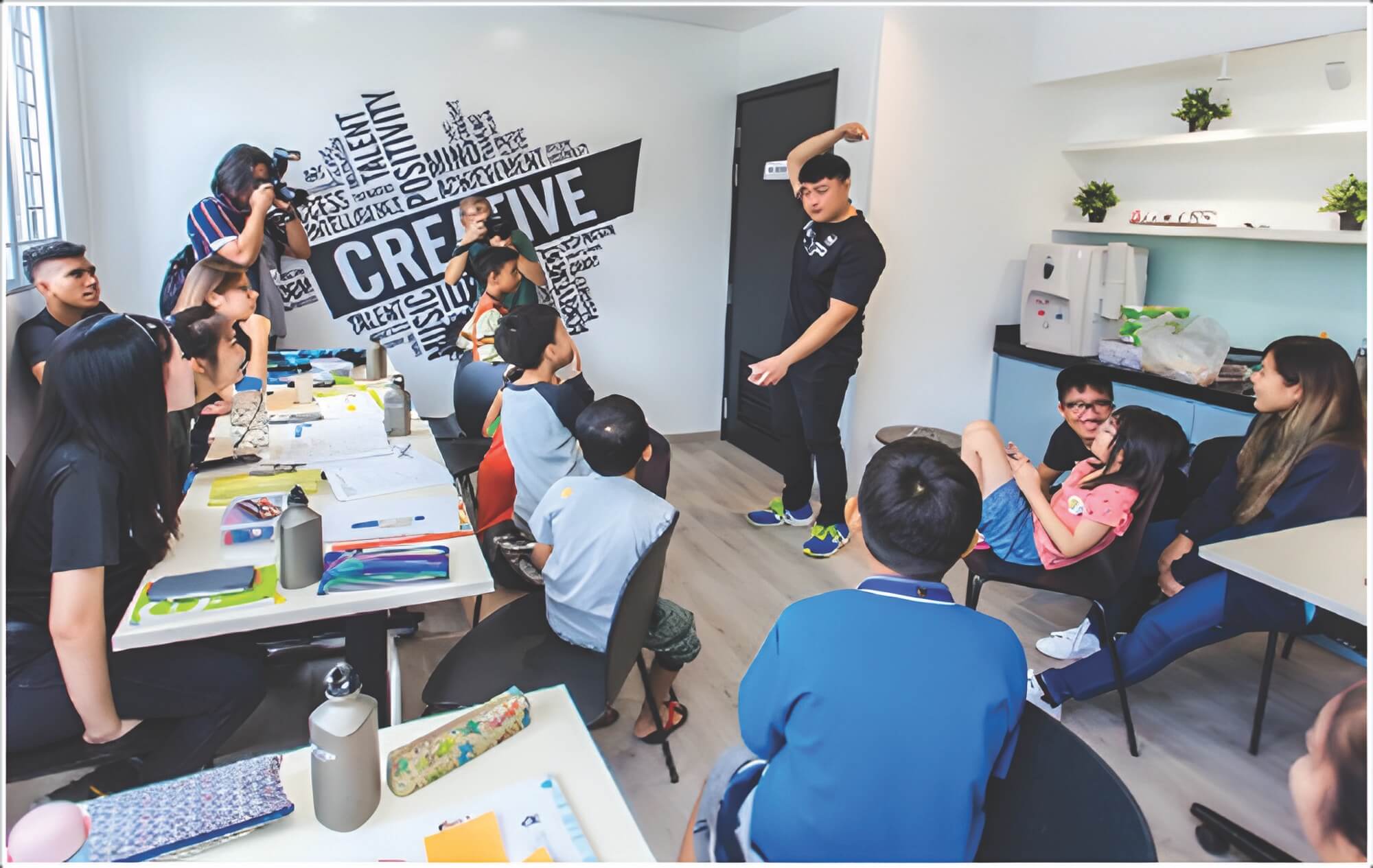
TA: As AMRDPE Chair, Singapore highlights the role of communities in alleviating poverty and promoting social protection and inclusion, particularly for vulnerable groups. How can ASEAN harness and empower communities to help reduce poverty and promote people’s well-being?
Singapore recognises the vital role of families and communities in alleviating poverty and promoting social protection and inclusion, particularly for vulnerable groups. In my discussions with my counterpart Ministers in ASEAN, I am heartened that we are fully aligned on this.
The ASEAN Declaration on Gender Equality and Family Development, adopted at the 41st ASEAN Summit, is a testament to ASEAN’s collective commitment to promoting gender equality and empowering families. By doing so, we can create a more inclusive and prosperous region where everyone has the opportunity to succeed.
In addition, the 13th ASEAN Ministers Meeting on Rural Development and Poverty Eradication was held in Singapore on the theme “Strengthening Community-based Approaches and Social Protection for Poverty Alleviation.”
Poverty has significant impacts on families and has far-reaching consequences not just on the current generation, but also on the development of the next generation. To address the multifaceted nature of poverty, Singapore advocates for a family-centric approach, delivered in partnership with the community. This approach is exemplified through our initiative, Community Link+ (or ComLink+ for short), which aims to uplift lower-income families with children towards stability, self-reliance, and social mobility.
Under ComLink+, each family is assigned a dedicated family coach who will work with them to co-develop action plans and coach and motivate them towards achieving their goals. Family coaches will take the leading coordinating support across multiple programmes to help families better navigate social support services. ComLink+ families can also receive additional financial support through ComLink+ Progress Packages if they take active steps to improve their life outcomes in the areas of preschool education, employment, financial stability, and saving for home ownership.
To deliver ComLink+, we harness and empower communities to partner the Government to support ComLink+ families. As at end December 2023, we have recruited and trained about 1,600 volunteer befrienders, who work alongside our family coaches to support our ComLink+ families.
The Government also rallies the community to contribute financially or offer other forms of programme-based support to ComLink+ families. For example, major banks and corporations in Singapore made generous donations to fund some of the ComLink+ Progress Packages. As at end November 2023, we have partnered approximately 170 organisations and individuals to support ComLink+ families. Community partners have contributed programmes to support families in areas ranging from debt counselling to homework supervision, and sports programmes.
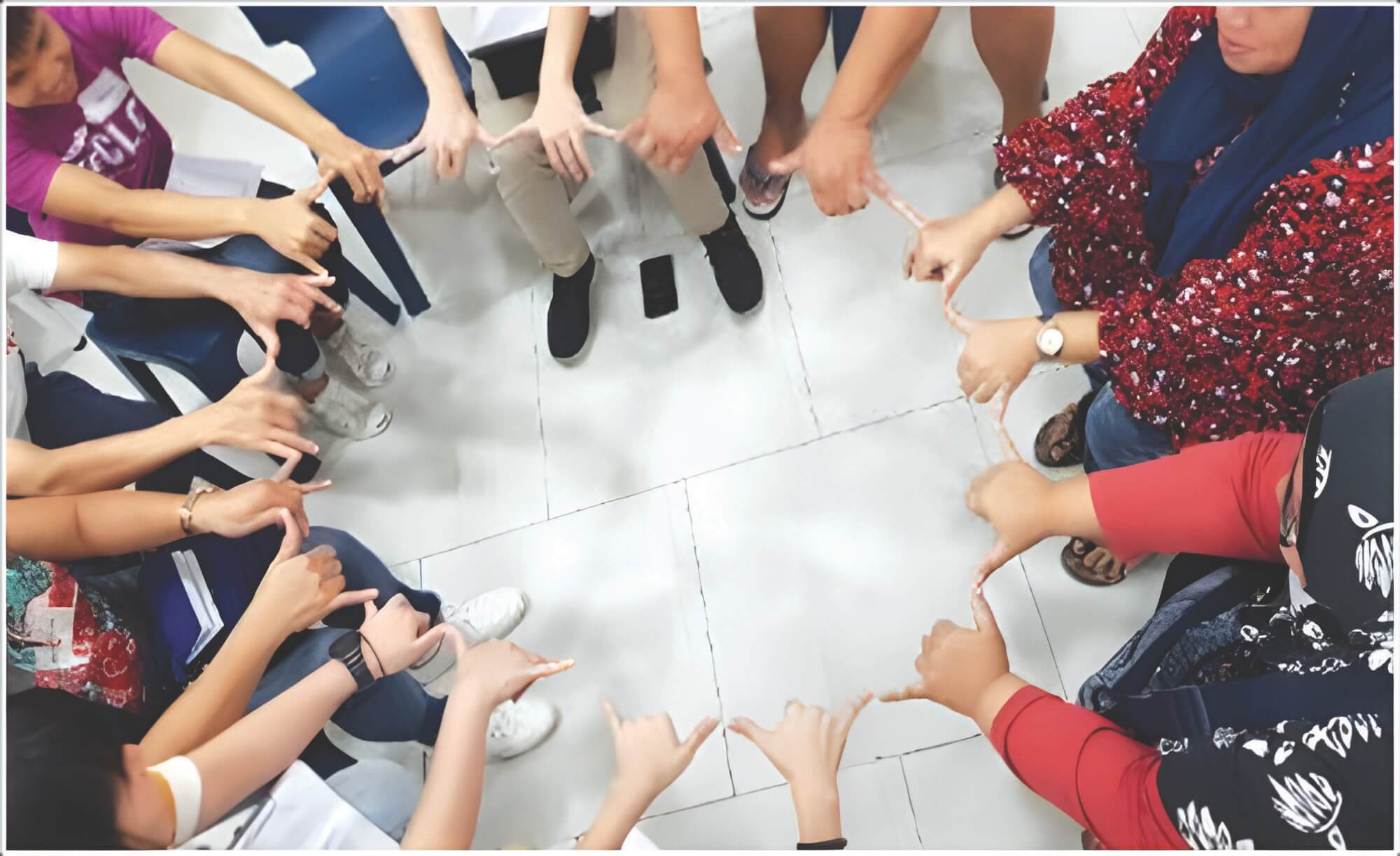
TA: What is the AMRDPE Leadership Awards and how does it advance the sector’s broader agenda?
The AMRDPE Leadership Awards aims to recognise the roles, outstanding achievements and contributions of non-governmental organisations (NGOs/CSOs and the private sector) in rural/community development and the livelihood and poverty reduction of local communities of ASEAN Member States.
The AMRDPE Leadership Awards is an excellent opportunity for ASEAN Member States to identify key non-governmental organisations and partners and profile the good work they have done in improving the lives of the citizens and communities in the region. The Leadership Awards also attracts and inspires more non-governmental organisations and partners to work with and support respective government ministries and agencies in their efforts in rural development and poverty eradication. Through the award ceremony and sharing of experiences, we have the opportunity to learn from each other and exchange information on best practices, further strengthening ASEAN’s cooperation on poverty alleviation and inclusion.
